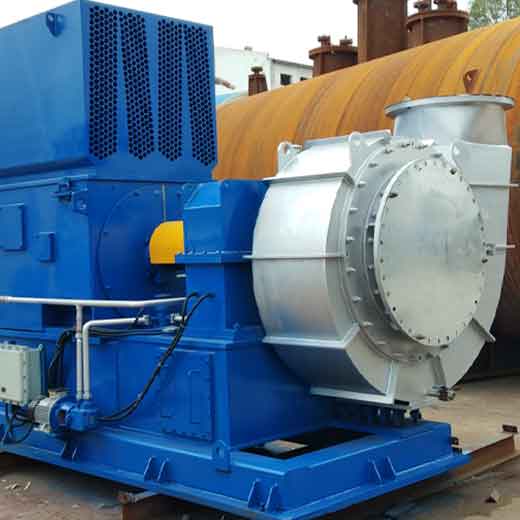The increasing carbon footprint, energy costs, and environmental concerns have made industries come up with more innovative solutions. Mechanical vapour recompression is one such technology that has become popular in recent years as its process is sustainable and highly effective. Many industrial sectors like pharmaceuticals, food processing, wastewater treatment, and chemicals are now adopting the MVR. Let’s understand more.
How does MVR Function?
When the pressures are generated during the distillation or evaporation process, the MVR system captures them. Further, with the help of a mechanical compressor, the vapour is compressed, which increases its pressure and temperature. Once you get the compressed vapour, it is used to heat additional liquids, saving the energy that would otherwise be lost.
However, selecting the mechanical vapour recompressor can be an overwhelming task. Therefore, we have listed four core parameters for choosing a mechanical vapour recompressor.
Process Requirements
When selecting the MVR system, ensure that it can manage the required evaporation load because the evaporation rate determines the capacity of the MVR. Check that the MVR evaporator is designed in a way that can achieve specific temperature levels, as the final evaporated liquid’s temperature is essential.
Installation and Space Constraints
Before adding an MVR to your application, be sure to consider factors like the compressor’s size, heat exchanger, and other equipment. Check whether the physical dimension of the MVR system and its components fits within your available space. Also, the existing infrastructure and process equipment must be compatible with mechanical vapor recompression.
Efficiency and Performance
The higher compression ratios result in higher energy savings. So invest in MVR with higher compression ratios as it determines the energy recovery efficiency. The heat exchanger’s design in MVR impacts its performance. Therefore, check its fouling resistance, transfer area, and material. Look for systems with advanced control features and the ability to integrate with your existing process control network. A leading MVR manufacturer, Thermosag, specializes in providing innovative and efficient mechanical vapour recompression.
Reliability and Durability
Consider the manufacturer’s reputation and the materials used in the MVR system components as they determine the durability and quality of equipment. Ensure that the MVR supplier provides adequate service and support, including installation assistance, troubleshooting, and ongoing maintenance.
Conclusion
It is crucial to take into account these parameters when selecting a mechanical vapour recompressor. Consult with a reputable and reliable MVR manufacturer like Thermosag for expert guidance and to tailor solutions to meet your specific needs.












